No longer a little mouse...
Maybe you feel it's time to stop shushing your own voice and take your desire to sing serious. My weekly 'Belting Mouse' mail shows you how. It gets you on track with stories and insights from my life as a singer and that of my students.

For 'little mice' who are tired of squeaking and want to start belting...
My first idea for a title of this essay was: the chest – the secret agent no one talks about.
But that’s not fair. Obviously someone did talk to me about chest muscles, or I wouldn’t be talking about them now. That makes two people already. And, to be fair, it is possible that all of my teachers know about chest muscles and work on them.
But in over a decade of studying singing I have never heard any mention of them.
Why should voice teachers focus on chest muscles? Should these muscles take part in our voice production? No, actually they should stay out of the way as much as possible. But that is EXACTLY the problem.
Many people have tension in their chest muscles, which interferes with air movement. Not to mention that tension in these muscles can be connected to tension in other muscles, such as throat, neck and jaw muscles. We already know that tension in those places is bad for the voice. If you didn’t know this – muscle tension in the upper body is baaad.
Let’s take a look at an illustration of the torso and the muscle in the chest area:
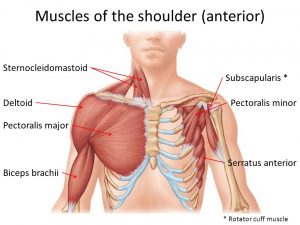
As you can see, on both sides of the chest there are two sets of muscles called the Pectoralis: Pectoralis Major and the Pectoralis Minor. In short they are called “the Pecs”. The Pec Major, as is visible in the illustration, attaches to the upper arm. The Pec Minor attaches to the coracoid process, which is a part of the shoulder blade.
Putting two and two together, you may conclude that those muscles, when contracted, affect the position of the arms and shoulder blades. You’d be right. The contraction of the muscles makes them pull: Pec Major – pulls the arm towards the center of the body and rotates the arm inwards; Pec Minor – pulls the top of the shoulder blade down, causing the back and lower part of it to lift, and for the entire upper body to tilt forward:

When are the Pecs mostly at work?
The Pecs tend to usually be contracted to some extent: When you sit at your desk a lot; when you sit in the subway looking down at your phone (or book? Nah); when you are carrying heavy things (or working out); when you have bad posture.
From all of the above I dare say that our poor arms and shoulder blades are held up and forward almost all the time! I am personally angry about this, for most of my physical problems derive from me doing all of the above activities (okay, a bit less of the working out part). No wonder my chest muscles were constantly tight, and I had no one to tell me that this is the main obstacle in my way of having a healthy posture, and consequently singing well.
What can be done about chest muscle tension?
As big as the problem of chest muscles tension is, the solution is quite simple. At least I see it this way.
There are two main things you can and should do, to get long term maintenance of your good, healthy posture. You must, however, do them as a routine, if you really want the results to be long term:
- Engage in physical activity that focuses on body awareness. Most of these methods aim for a better posture in general, and relaxing the upper body muscles in particular.
- Stretch your chest muscles REGULARLY. Watch this video that teaches how to do that. And yes, it is from a workout channel, not a singing channel. This guy, Jeff Cavalier, knows what he is talking about and explains it all very well. And he draws with a marker on his naked body, who doesn’t want to see that?!
In Summary, I hope I gave you an idea of how important chest muscles are and gave you a clue as to how to handle them. Spread the word, so that more and more singers and teachers will give those muscles the fame they deserve.
Enjoy singing! And, if you liked this article, also check out my article about singing and sports – 7 tips to motivate yourself. And my go at self-massage.
PS in my online singing course Make singing click I devote a big part to the bodywork aspect of singing.
Or find out what kind of a singer you are: take my quiz

About the author
Linor Oren
I'm an opera singer and (online) voice teacher, based in Amsterdam. It took me more than a decade to overcome my share of mental and physical issues and reach a professional level as a singer. Because of this background, and my 10+ years of teaching experience, I believe I can speed up your learning curve as a singer.

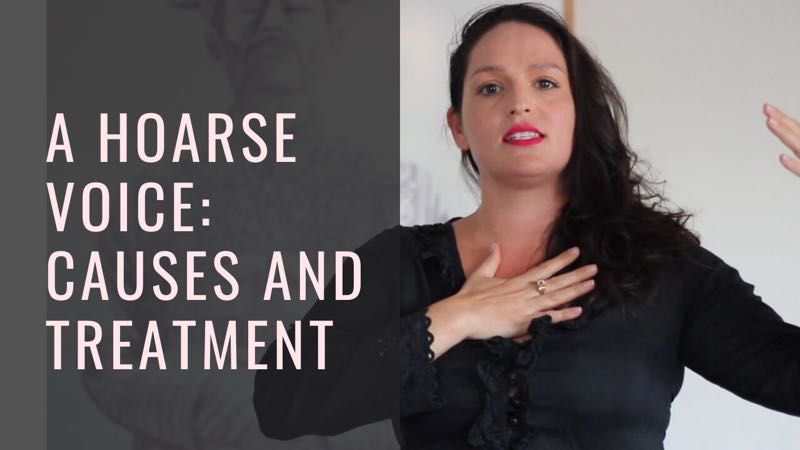
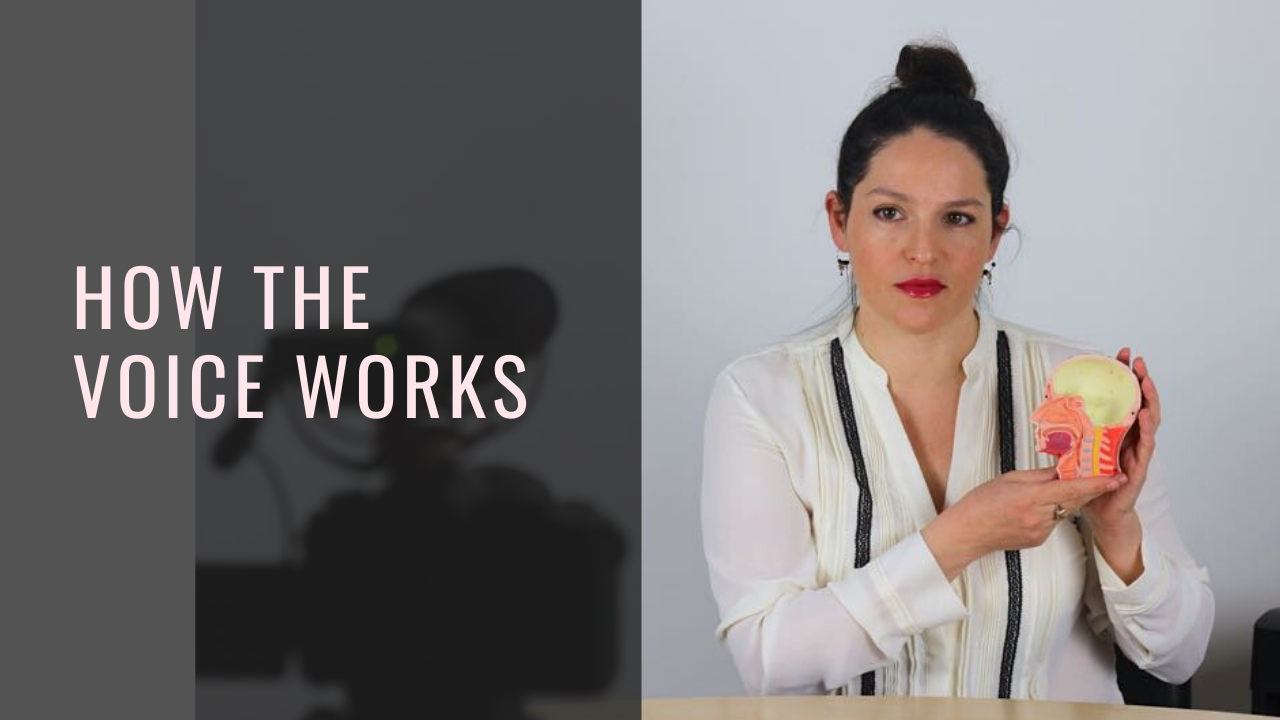
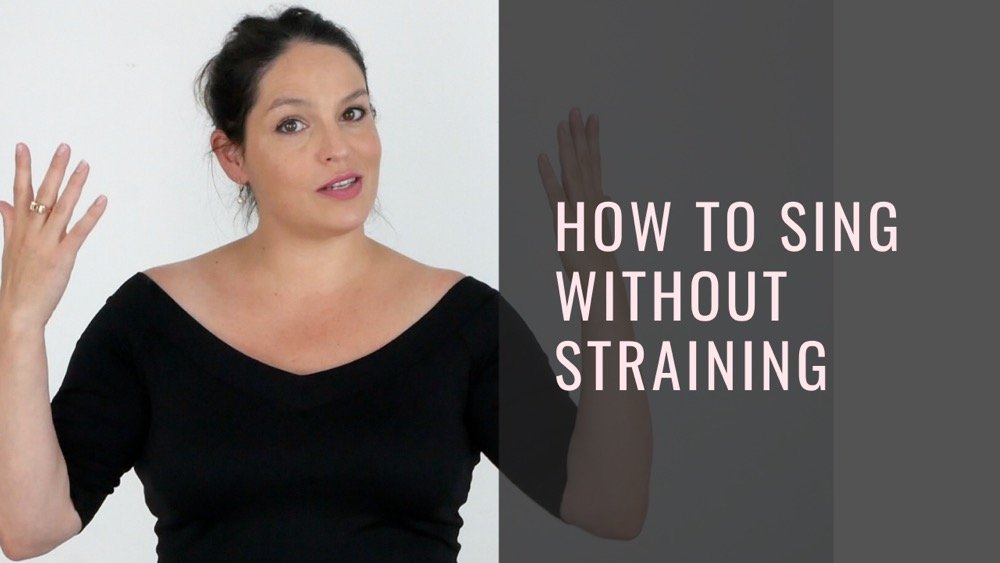
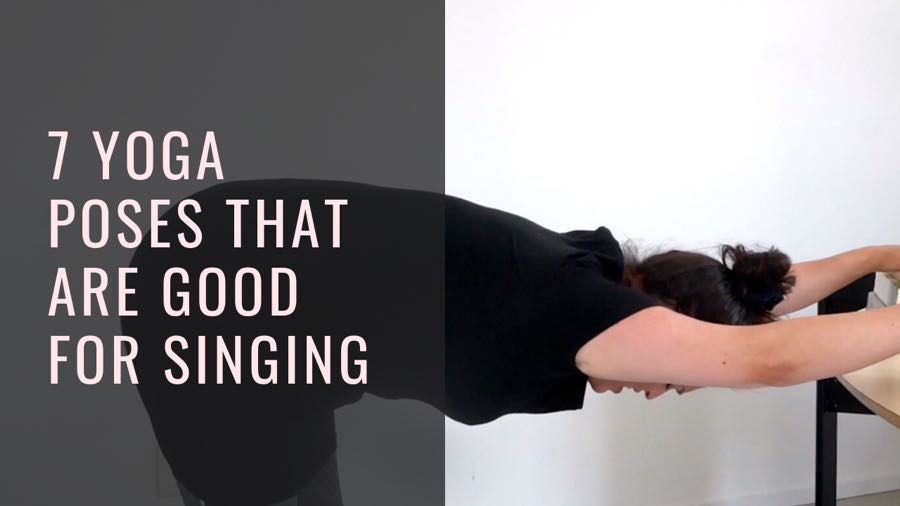
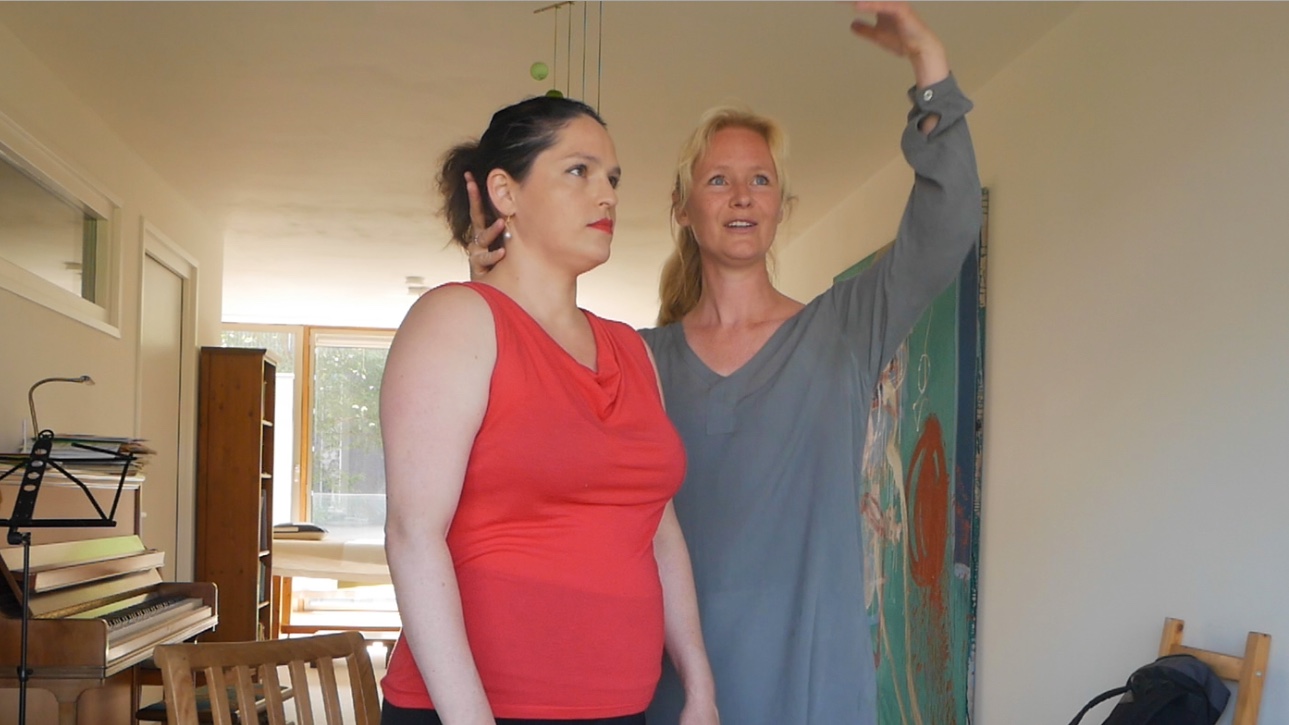
“Arnold truly is the king of chest workouts! His advice is always gold. 💪🔥 #ChestDay #ArnoldSchwarzenegger”
“Arnold Schwarzenegger’s advice on chest exercises is pure gold! As a bodybuilding legend, he knows exactly what he’s talking about. His tips and techniques have helped me build a stronger and more defined chest. Thanks for sharing this valuable information!”
http://arnoldschwarzeneggers.com/
Hello ! S’il vous plaît, je voudrais savoir si l’entraînement push-up peut être bénéfique pour le chant. // Hello ! Please I would like to know if push-up training can be beneficial for singing. Thanks !
Hi Gaël, first of all I apologize for not replying earlier, something was wrong with my notifications!
About the push-ups: strengthening your body and upper body is very beneficial for singing in general. Being weak in certain parts of the body will cause compensation in other parts and activation of muscle tension. So Push-ups, or any kind of work-out, is very good.
HOWEVER! Those must be combined with the proper stretching and relaxation of the muscle you have built. And that’s where the channel I linked to above (Athlean-X) can be very helpful. These guys are both trainers AND physical therapists, so they know how to make you work out without accumulating tension or causing harm to yourself.
What if you feel like you already really messed up your shoulder/chest?
What do you mean by that? I know a lot about feeling like my body is a mess. Big time, I have had very few students with worse body issues than I had. It’s not a final sentence, unless you have an injury that will impair you for life, I hope that’s not the case? If you give me more info I might be able to advise further
[…] Practicing with weights is ok, as long as you don’t hold your breath during the exercise. Also, especially for guys, the danger of too tight chest and neck musculature threatens a proper singing technique. It can ‘choke’ the voice box (larynx). Check out my article The chest – our neglected friend […]